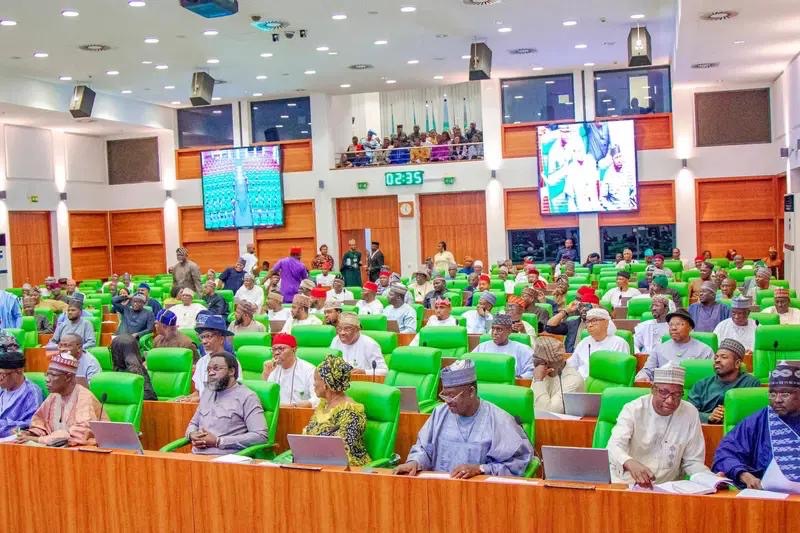By Okeke Eunice

The House of Representatives has called on the Central Bank of Nigeria to allocate an extra $3 billion to small-scale farmers to enhance their productivity via the Nigeria Incentive-Based Risk Sharing for Agricultural Lending program.
This came after the adoption of a motion during Tuesday’s plenary session titled “Repositioning the Nigeria Incentive-Based Risk Sharing System for Agricultural Lending and De-risking Agribusiness in Nigeria,” which was introduced by Rep. Uchenna Okonkwo, who represents the Idemili North/Idemili South Federal Constituency in Anambra State.
During the debate, Okonkwo recalled that the Central Bank of Nigeria launched NIRSAL in 2011, describing it as a comprehensive $500 million public-private initiative aimed at defining, measuring, pricing, and sharing credit risk in agribusiness.
He explained that NIRSAL’s goals include enhancing both agricultural and financial value chains by encouraging best practices in agricultural financing, loan usage, and repayment, which in turn mitigates the risks associated with agricultural lending.
Okonkwo pointed out that the agricultural sector, which contributes 40 percent of the nation’s Gross Domestic Product and accounts for over 60 percent of employment, has recently shown slower growth and is underperforming despite its significant potential.
To address this concerning trend, he emphasized the need to tackle the issue of underfunding in agricultural value chains by providing NIRSAL with an additional $3 billion for lending to stakeholders in the agricultural sector. He also proposed lowering the break-even interest rate for agricultural borrowers to between 7.5 and 10.5 percent.
After the motion was adopted via a voice vote, the House urged the CBN to raise agricultural lending by banks from 1.4 to 7 percent of total lending over the next five years and to ensure that 50 percent of these loans go to smallholder farmers through microfinance institutions, cooperatives, and commodity associations, with interest rates set between 7.5 and 10.5 percent.
Additionally, the House instructed the Committees on Banking Regulations and Agricultural Production and Services, Nutrition and Food Security, and Finance to oversee compliance and report back within four weeks for further legislative action.